Why Precision in Electrical Estimating Drives Project Success
- Understanding the Importance of Electrical Estimating in Construction
- Key Responsibilities and Expertise of Electrical Estimators
- Why Precision Matters: The Impact of Accurate vs. Inaccurate Estimations
- The Value of Skilled Electrical Estimators in Modern Projects
- Adapting to Change: How Electrical Estimators Embrace Industry Innovations
- How Expert Estimation Drives Project Success and Efficiency

Understanding the Importance of Electrical Estimating in Construction
Construction projects, regardless of their scope or scale, rely heavily on accurate planning and forecasting. One of the most pivotal elements within this framework is electrical estimating—a specialized process that determines the anticipated costs associated with all electrical systems and installations. Whether the project is a family home, a sprawling office complex, or a vast industrial plant, electrical estimating serves as a cornerstone for reliable project planning.
The process involves more than simply tallying up the price of wires, outlets, and fixtures. It encompasses a comprehensive evaluation of every component, labor requirement, and system integration necessary for a fully functional electrical infrastructure. This meticulous approach is indispensable for creating realistic budgets and ensuring resources—both materials and labor—are allocated efficiently from the very beginning.
Accurate electrical estimates also play a crucial role in setting project timelines. By predicting the time and resources needed for each phase, estimators help prevent delays and minimize disruptions. In essence, electrical estimating is not just a technical exercise; it’s a strategic tool that underpins the success of construction projects, safeguarding them against financial overruns and logistical mishaps. This foundational step sets the tone for all subsequent phases, reducing risks and enhancing the likelihood of project success.
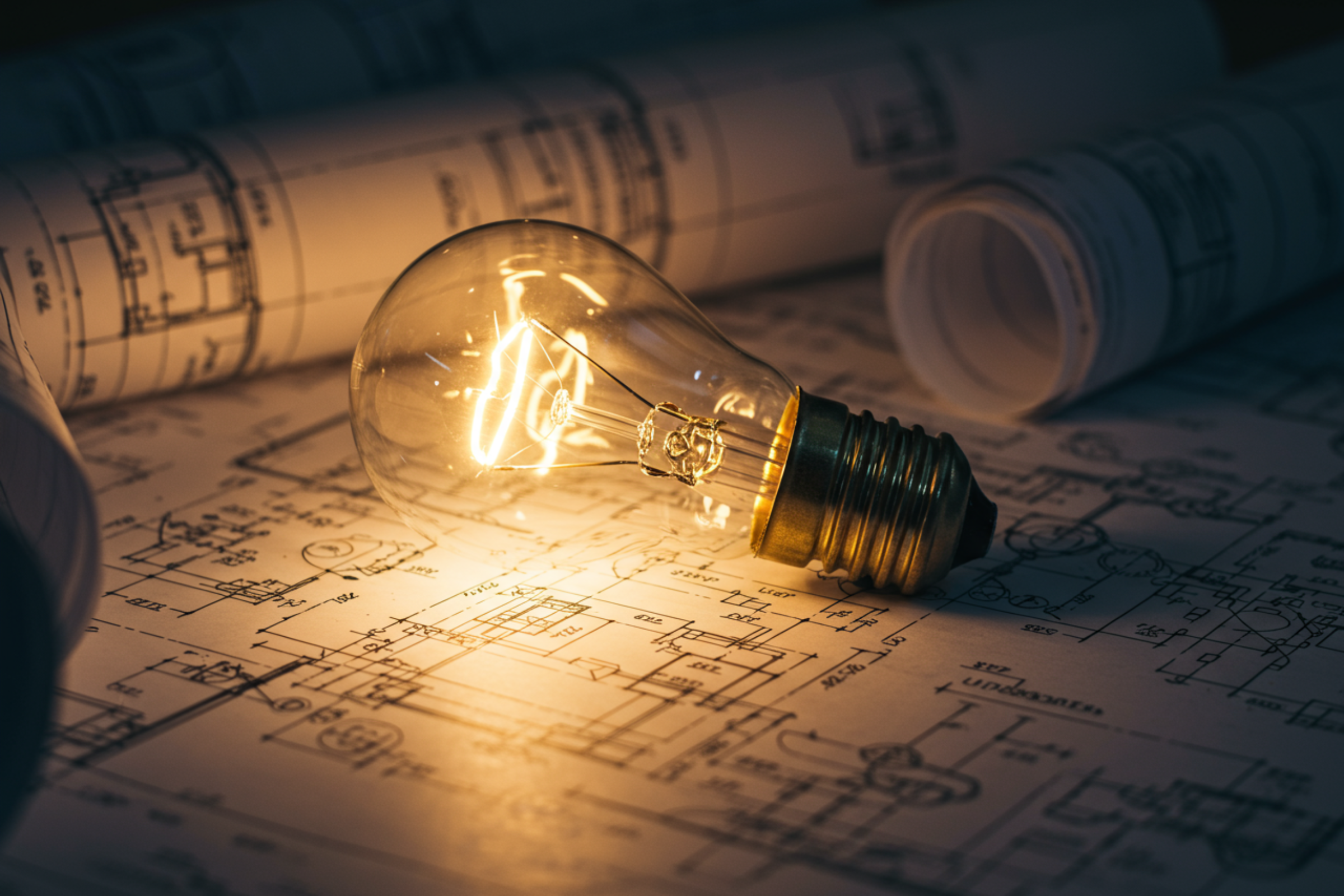
Key Responsibilities and Expertise of Electrical Estimators
Electrical estimators are skilled professionals whose expertise bridges the gap between design intent and practical implementation. Their primary responsibility is to interpret intricate electrical blueprints and technical documentation, translating conceptual plans into quantifiable requirements. This involves a keen eye for detail—every circuit, panel, and conduit must be accounted for in the estimate.
Beyond reading plans, estimators thoroughly assess the project’s scope, identifying any special requirements or potential challenges unique to the site or client. This ensures that no aspect of the electrical system is overlooked, from energy efficiency considerations to integration with cutting-edge technologies.
A core part of their job is calculating the costs of materials and labor with precision. This not only includes the obvious elements like wiring and fixtures but also subtler factors such as compliance with local electrical codes, adherence to rigorous safety standards, and alignment with industry best practices. Estimators must stay current with evolving regulations and technological advancements to provide accurate, up-to-date projections.
Ultimately, electrical estimators are responsible for more than just cost calculations. Their deep understanding of electrical systems enables them to suggest solutions that enhance efficiency and system functionality, making them invaluable partners in the construction process.
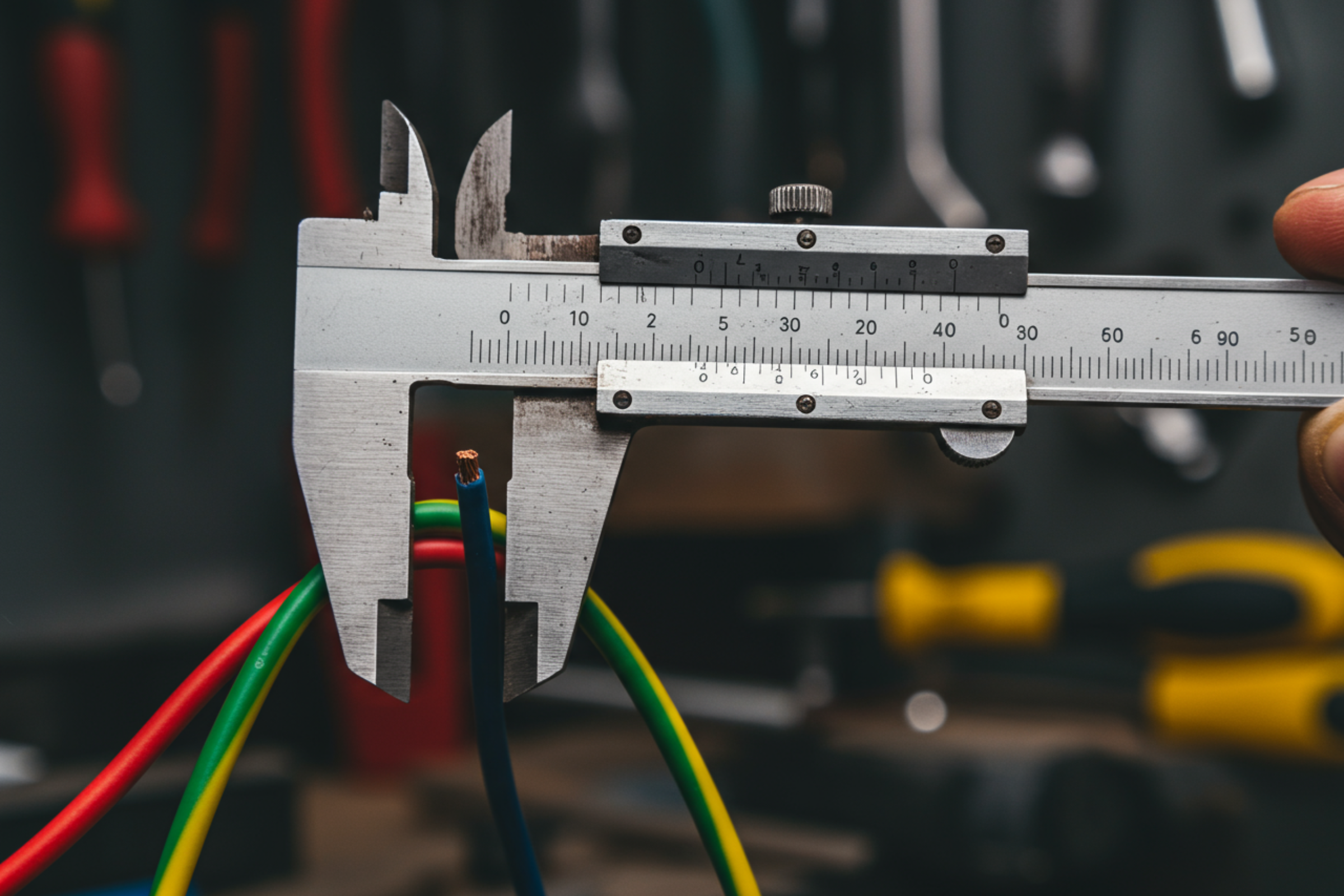
Why Precision Matters: The Impact of Accurate vs. Inaccurate Estimations
Precision in electrical estimating is not just a matter of best practice—it’s a critical determinant of project success or failure. When estimations are accurate, they form the backbone of sound financial planning, enabling stakeholders to allocate funds appropriately and avoid costly surprises down the line. However, even minor errors in the estimation process can have far-reaching consequences.
If costs are underestimated, projects may face sudden shortfalls that halt progress or force last-minute compromises on quality and safety. On the other hand, overestimating can lead to inflated budgets, wasted resources, and lost opportunities for cost savings. Both scenarios can result in delays, strained relationships with clients, and increased pressure on project teams.
Safety is another crucial consideration. Skimping on essential materials or labor due to flawed estimates can compromise the integrity of electrical systems, posing risks to both property and people. Moreover, inaccurate estimations often necessitate rushed work or unplanned substitutions, further increasing the likelihood of mistakes and accidents.
Beyond the immediate financial and safety implications, chronic estimation errors can tarnish a company’s reputation, eroding client trust and jeopardizing future business. In the long run, such oversights may also lead to operational inefficiencies and higher maintenance costs. Therefore, precision in electrical estimating is paramount—serving as both a shield against risk and a catalyst for lasting project success.
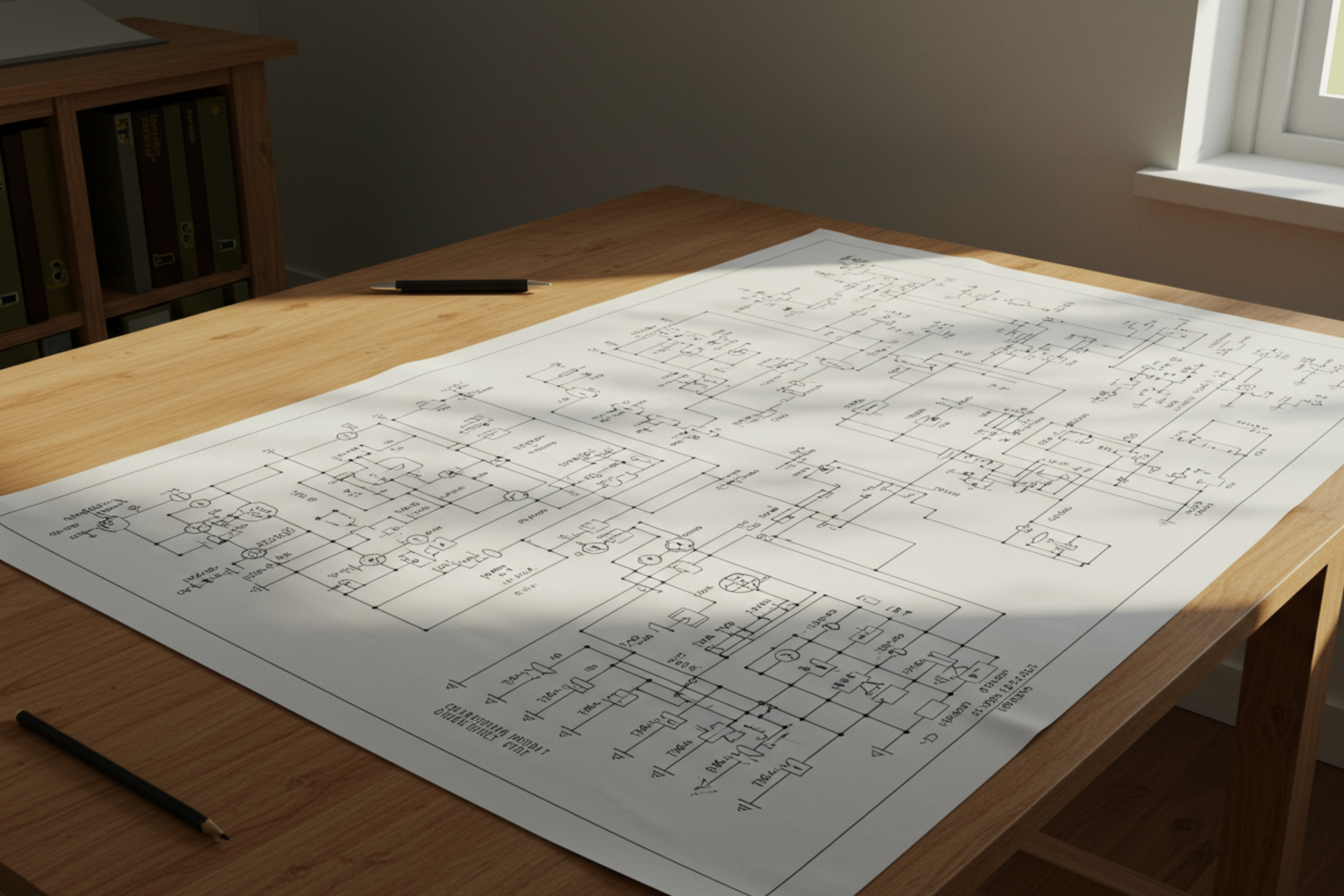
The Value of Skilled Electrical Estimators in Modern Projects
In today’s rapidly evolving construction landscape, the value of skilled electrical estimators cannot be overstated. Their expertise transforms abstract project concepts into actionable, cost-effective plans, empowering project managers and stakeholders to make informed decisions from the outset.
A major advantage of having a skilled estimator on the team is the ability to allocate budgets and resources with confidence. Accurate forecasting allows for the strategic sourcing of materials and labor, preventing costly overruns and ensuring that funds are used where they are needed most. This level of precision also extends to the selection of subcontractors, as estimators can evaluate bids and proposals with a critical eye, ensuring that partners are both qualified and cost-effective.
Technical knowledge is another area where experienced estimators add substantial value. Their familiarity with the latest technologies, installation methods, and regulatory requirements means that estimates are not only accurate but also tailored to achieve optimal system performance and compliance.
Furthermore, skilled electrical estimators are adept at identifying potential risks and devising contingency plans, contributing to smoother project execution and fewer surprises along the way. In sum, their role extends far beyond number crunching—they are strategic advisors whose insights support efficiency, quality, and long-term project success.
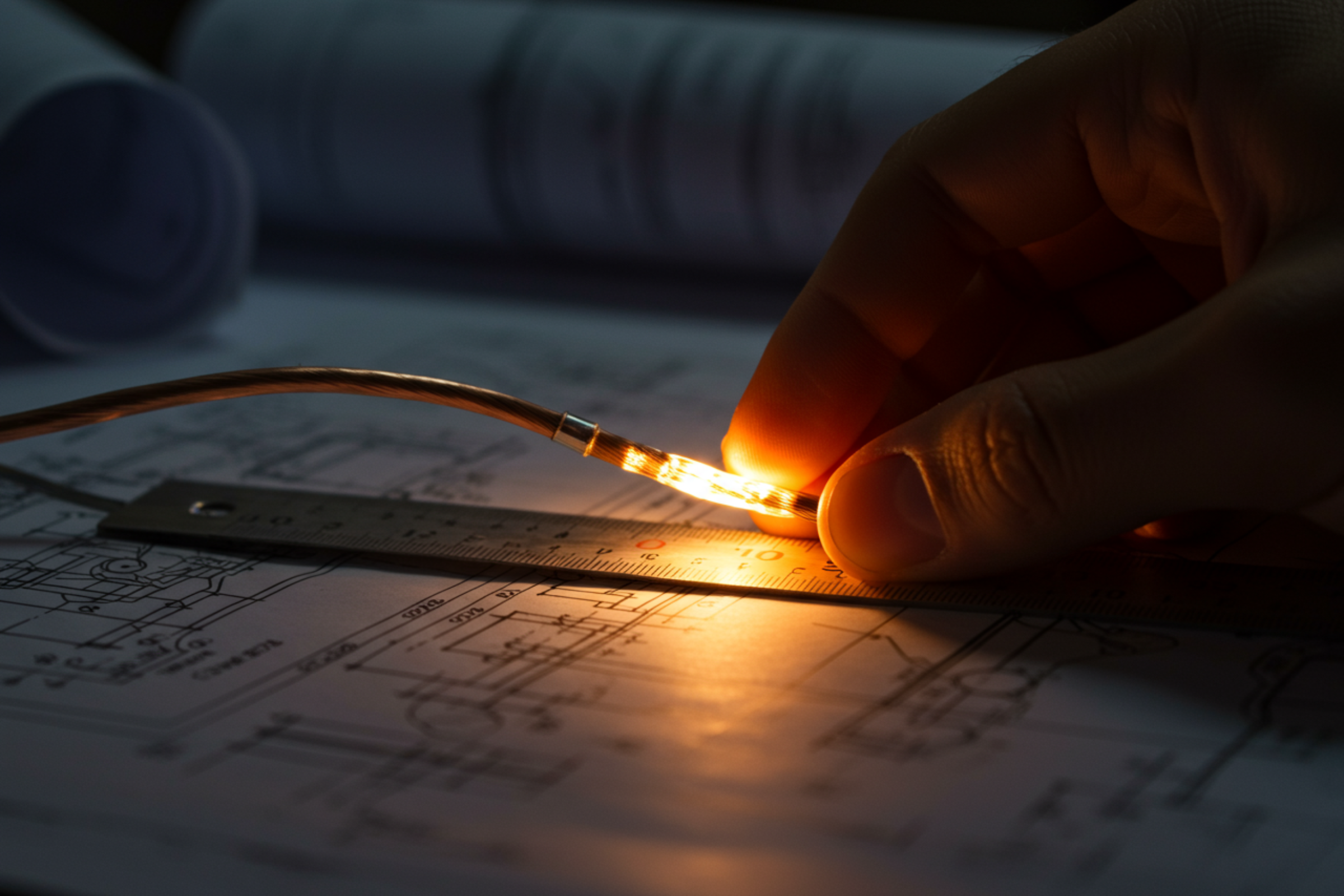
Adapting to Change: How Electrical Estimators Embrace Industry Innovations
The construction industry is in a constant state of flux, with new technologies and methodologies reshaping the way projects are designed and executed. Electrical estimators play a pivotal role in this transformation, continually adapting their approach to keep pace with innovation.
One of the key ways estimators stay ahead is by remaining current with the latest industry standards and regulatory changes. This ensures that their estimates are not only accurate but also compliant with evolving codes and safety requirements. As electrical systems become more sophisticated—integrating automation, renewable energy sources, and smart technologies—estimators must adapt their methods to account for new complexities.
In addition, modern estimators are increasingly leveraging advanced digital tools and software to enhance accuracy and efficiency. These platforms allow for real-time updates, detailed modeling, and seamless collaboration across project teams, reducing the likelihood of errors and miscommunications.
Sustainability is another emerging focus. Estimators who incorporate green building practices and energy-efficient solutions into their estimates help clients achieve both regulatory compliance and long-term savings.
Continuous learning is fundamental to success in this field. By investing in professional development and staying engaged with industry trends, electrical estimators ensure their skills remain sharp and their insights relevant, no matter how the construction landscape evolves.
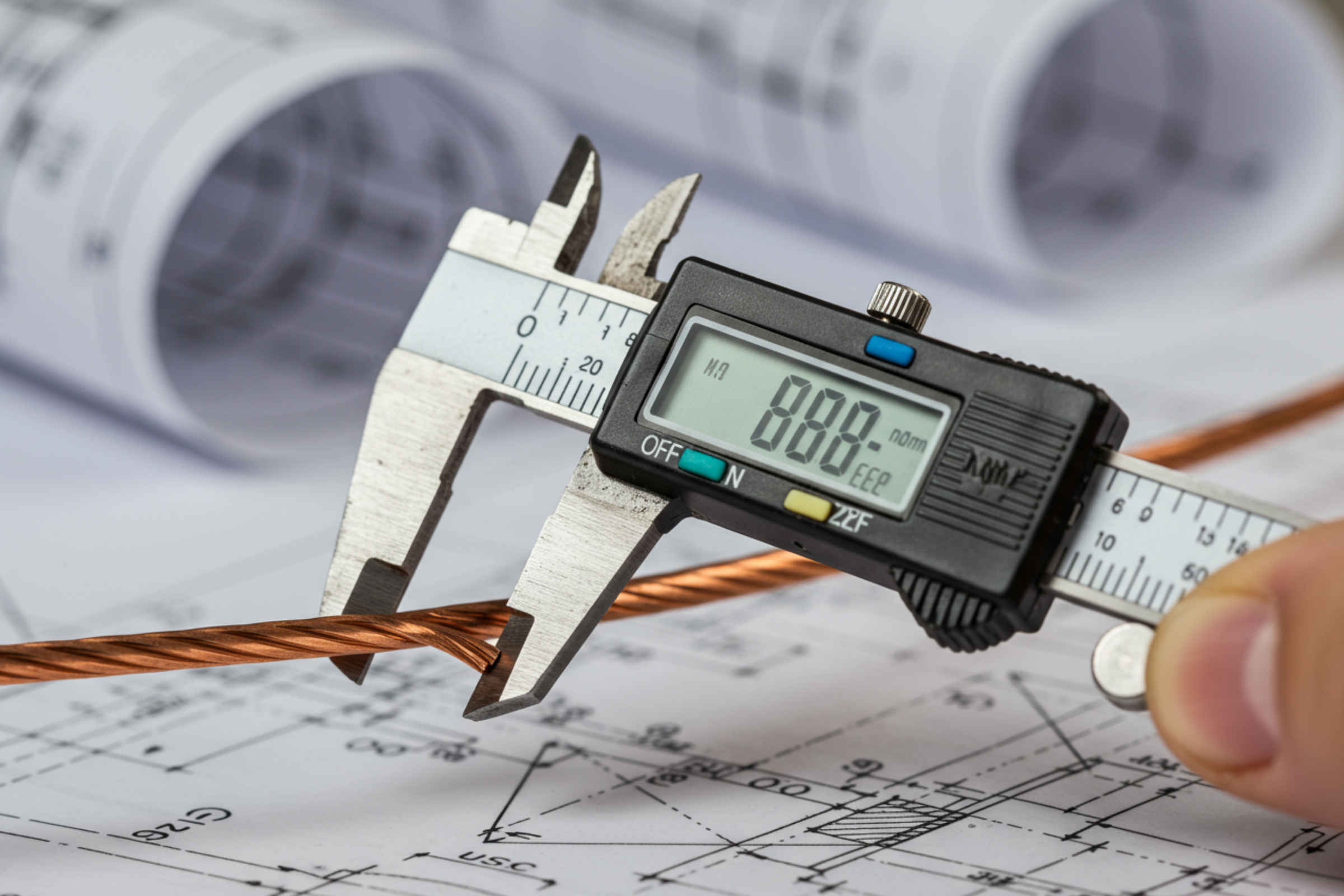
How Expert Estimation Drives Project Success and Efficiency
Expert electrical estimation is a linchpin for achieving project success and operational excellence in construction. By providing clear and reliable cost projections, estimators enable project teams to develop robust plans and realistic schedules, ensuring that every phase unfolds smoothly and efficiently.
Risk minimization is one of the most significant outcomes of expert estimation. When costs are thoroughly assessed and contingencies are built into the plan, projects are better equipped to handle unexpected challenges without derailing progress or budget. This level of foresight also helps prevent scope creep and unnecessary expenditures, keeping projects on track from start to finish.
Quality is another major benefit. With accurate estimates, project managers can invest in the right materials and skilled labor, leading to the installation of safe, efficient, and high-performing electrical systems. This attention to detail not only enhances the immediate outcome but also contributes to lower maintenance costs and greater reliability over the system’s lifespan.
Moreover, expert estimators facilitate better communication and collaboration among all project stakeholders—from architects and engineers to subcontractors and clients. Clear, data-driven estimates set expectations, foster trust, and enable informed decision-making at every stage.
Ultimately, the expertise of electrical estimators lays a solid foundation for both immediate project success and enduring operational efficiency, making their role indispensable in the modern construction process.